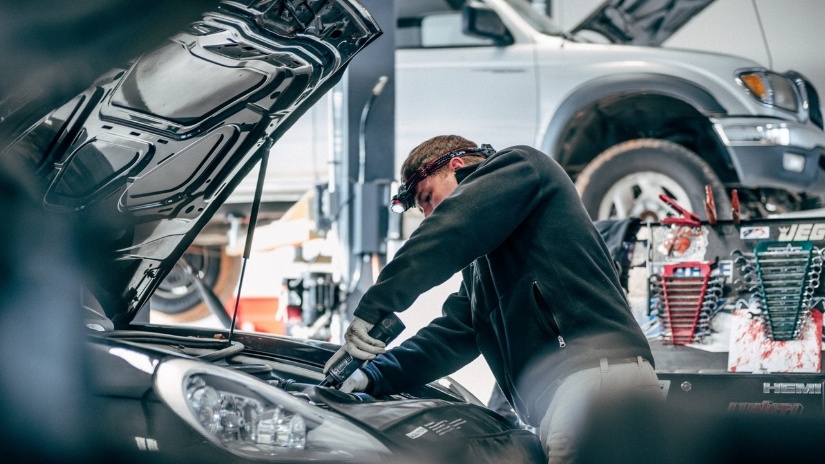
Fleet vehicles are often neglected because drivers don’t feel personally responsible for them. Below are a few tips to make sure your fleet vehicles get the TLC they deserve. Get your drivers to take better care of their vehicles.
-
Clarify responsibilities
The first step is to ensure you have a clear policy that details all responsibilities employees have with regard to their allocated fleet vehicles. If vehicles are kept in a pool, there should be a checklist of things to do when a vehicle is signed in / out – this can include fueling, cleaning, checking tyres etc. The specifics will depend on the type of vehicles and their purpose, but it’s up to the fleet manager to ensure the vehicle policy covers all necessary aspects.
-
Make it easy and logical
One reason fleet vehicles are sometimes neglected is that companies don’t always make it easy to care for them, which is counterproductive. If employees are responsible for taking their vehicles in for a service, they shouldn’t be penalised for taking the time to do so. If they are required to have pool vehicles cleaned before returning them, it’s up to the fleet manager to ensure they either have the funds to do so (or a running account at a convenient service station), or can be reimbursed timeously. Many employees neglect their own vehicles – never mind fleet vehicles - due to time and money constraints, so if you expect them to take excellent care of a vehicle that doesn’t belong to them, you need to make it easy and worthwhile.
-
Incentives and repercussions
As with every other aspect of a job, there needs to be incentives for taking good care of fleet vehicles and repercussions for drivers who neglect these assets. These should form part of the overarching vehicle policy, so that drivers are aware right from the start. The type of incentives and repercussions can be set by the fleet manager, but in many cases a system of monetary rewards (for vehicles kept in excellent shape) and fines (for damage or neglect) is the easiest. Keep in mind that this will have to be carefully managed – employees who earn bigger salaries might prefer to pay a fine rather than bothering to have the vehicle cleaned regularly. In such cases the care for company vehicles could be linked directly to performance reviews.
-
It’s about mutual respect
A system of incentives and repercussions (mentioned above) should always slot into the bigger picture of mutual respect between a company and its employees. This is where fleet managers with good people-management skills really earn their keep. You can outline as many rules as you want, but employees who don’t feel valued by their company will have less respect for company property – whether it’s a car or a printer. A good company culture goes a long way to ensure employees take better care of company assets, such as vehicles.
-
Friendly reminders
As a fleet manager it’s easy to forget that other employees are not as ‘tuned in’ to the health of the company fleet. They have their own jobs, so it is the fleet manager’s responsibility to make sure drivers are reminded of their responsibilities toward their vehicles. It’s no good having a fleet policy that nobody ever reads, so it helps to have a condensed checklist that highlights key responsibilities for drivers. Make sure drivers are regularly reminded to check tyres and service dates, as these can easily be overlooked in a fast-paced work environment.
If you do a little research online you’ll find plenty of tips and advice about how to keep your drivers engaged and caring for their vehicles. The exact structure will depend on your type of business and purpose of the vehicles, but if you use the above points as a guideline you will start seeing some good results.

